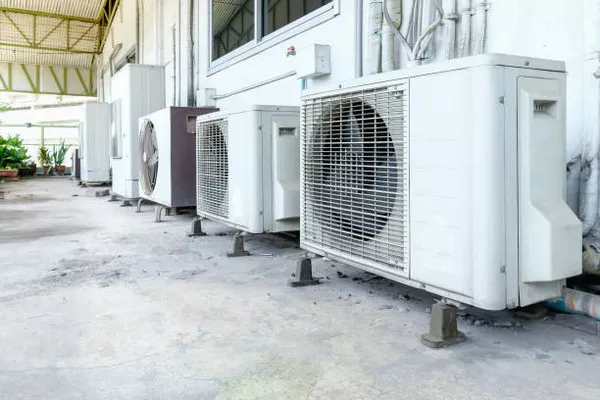Embarking on an RV adventure offers a sense of freedom and exploration like no other. Whether you’re traveling across the country or seeking solace in nature, having a reliable source of power is crucial to ensuring a comfortable and convenient journey. RV generators provide the necessary electricity to run appliances, charge devices, and maintain various systems within your vehicle. With a plethora of options available on the market, selecting the best generator for your RV requires careful consideration of factors such as power needs, fuel type, noise levels, and budget. This article aims to guide you through the process of choosing the ideal generator for your RV, providing insights that will enhance your travel experience.
Assess Your Power Requirements
Before delving into the world of RV generators, it’s essential to understand your power requirements. Take stock of the appliances and devices you plan to use while on the road. This might include lighting, air conditioning, heating systems, refrigerators, microwaves, laptops, and more. Each of these items has a power rating, typically measured in watts. Summing up the power requirements of all devices will give you an estimate of the generator’s capacity you need. It’s recommended to choose a generator with a slightly higher capacity to accommodate any unexpected power demands.
Consider Fuel Type
RV generators are available in various fuel types, each with its own advantages and disadvantages. The three primary fuel options are gasoline, propane, and diesel.
1. Gasoline:
Gasoline generators are common and easily accessible. They are generally more affordable upfront, but gasoline can be less efficient and more expensive than other fuels. Additionally, gasoline generators may produce more noise compared to their propane or diesel counterparts.
2. Propane:
Propane generators are known for their cleaner emissions and quieter operation. Propane is stored in tanks, making it convenient for RVers who already use propane for cooking or heating. While propane generators tend to have a slightly higher upfront cost, their efficiency and environmental friendliness can make them a compelling option.
3. Diesel:
Diesel generators are highly efficient and offer excellent fuel economy. They are well-suited for larger RVs and motorhomes due to their high power output and durability. However, diesel generators can be more expensive upfront and may require more maintenance.
Noise Levels
A critical factor to consider when choosing an RV generator is noise level. Traditional generators can produce a significant amount of noise, which can disrupt your camping experience and potentially disturb fellow campers. If peace and quiet are essential to you, consider investing in an inverter generator. Inverter generators are designed to produce clean and stable power with minimal noise. They adjust their engine speed based on the power load, resulting in quieter operation and increased fuel efficiency.
Portability and Size
The size and portability of your generator should align with your RV’s available space and storage capacity. Compact and lightweight generators are easier to transport and store, making them ideal for smaller RVs and trailers. On the other hand, larger RVs can accommodate bigger generators with higher power output. Keep in mind that the larger the generator, the more fuel it may consume.
Budget Considerations
Your budget plays a significant role in determining the type of RV generator you can afford. While it might be tempting to opt for the most budget-friendly option, it’s important to strike a balance between cost and quality. High-quality generators tend to be more reliable, fuel-efficient, and durable, which can ultimately save you money in the long run by reducing maintenance and repair expenses. Consider your long-term investment when making your decision.
Brands and Reviews
Researching reputable brands and reading reviews from fellow RVers can provide valuable insights into the performance and reliability of different generators. Brands such as Honda, Yamaha, Champion, and Generac have established themselves as leaders in the RV generator market due to their quality products and excellent customer support. Reading reviews from other RV enthusiasts can help you gain a real-world perspective on how different generators perform in various scenarios.
Environmental Considerations
As the world becomes more environmentally conscious, choosing an eco-friendly generator might be a priority for you. Inverter generators are known for their fuel efficiency and lower emissions. Some manufacturers also offer models with features like automatic idle control, which reduces fuel consumption and emissions when the generator is running at a lower load.
Conclusion
Selecting the best generator for your RV involves careful consideration of your power needs, fuel type preferences, noise levels, portability requirements, budget constraints, and environmental concerns. Each RV owner’s needs are unique, so taking the time to research and assess your options will lead to a generator that aligns perfectly with your travel style. Remember that an RV generator is not just a source of power; it’s an investment in comfort, convenience, and the overall quality of your travel experiences. By making an informed decision, you’ll be well-equipped to enjoy your RV adventures to the fullest.

